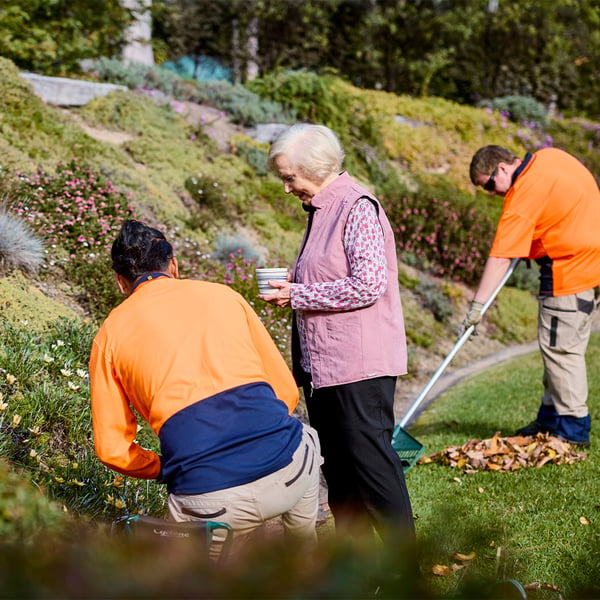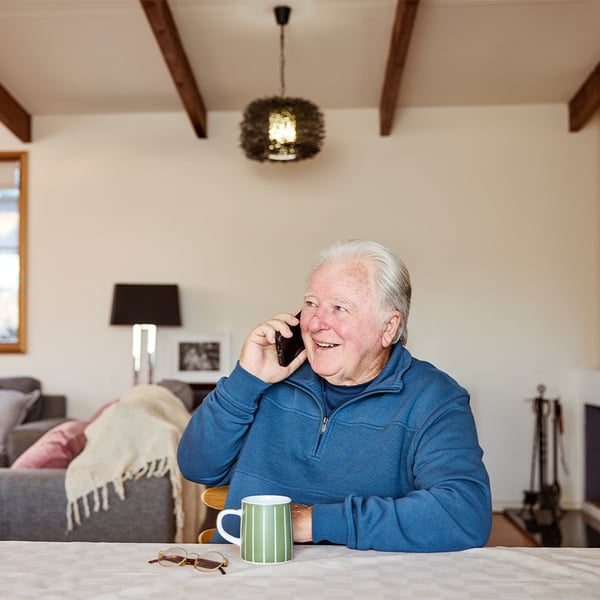
About VMCH
Our Board
Our Board
Meet the dedicated leaders guiding VMCH’s vision, driven by our values and commitment to supporting communities across Victoria.
VMCH Experience Charter
VMCH Experience Charter
The VMCH Charter guides us to deliver the highest quality care and support to you, or your loved one.
Our Mission
Social Enterprises
Social Enterprises
Social enterprises at VMCH support people with disability to start their careers with help from local businesses.
Pastoral Care
Pastoral Care
Pastoral care at VMCH offers personalised spiritual and emotional support. Our practitioners and volunteers provide comfort, companionship, and meaning at every life stage.
Affordable Homes
Affordable Homes
We believe our nation’s older generation deserve access to safe and secure housing; a place where you can live your life to its fullest.
Donate
Christmas appeal
Christmas appeal
Help us share joy, kindness, and connection with people in need across our VMCH community this Christmas.
Philanthropy
Philanthropy
What sustains VMCH as an organisation is the engagement and contribution of our staff, our volunteers and our community supporters.
News
Residential Aged Care
Specialist dementia care in action: Pat and Tito’s story
In 2016, Tito, was diagnosed with dementia. He found the care he needed at Lady Lourdes House, part of the Government’s Specialist Dementia Care Program.
Read moreCornerstone Magazine






















